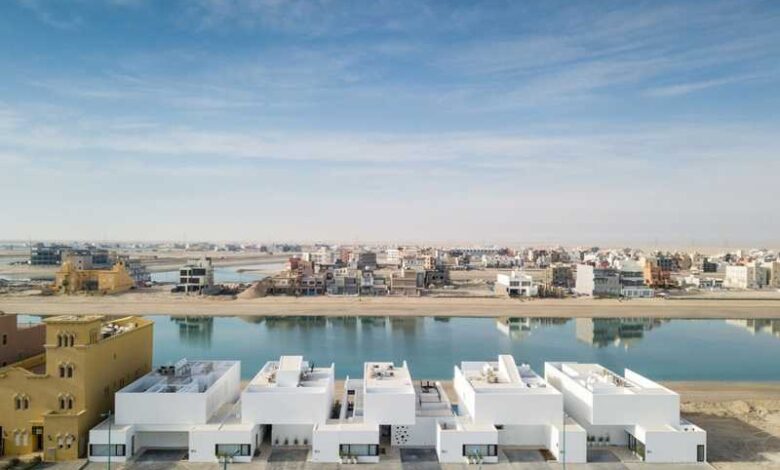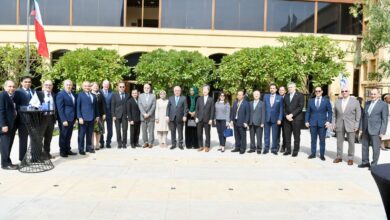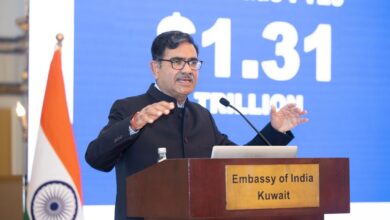Kuwait’s 500 percent waterfront fee hike sparks public outcry and policy debate

Recent amendments to the regulations governing the use of state-owned property, particularly on Kuwait’s prized waterfront lands, have stirred significant public reaction.
The changes, which include substantial increases in usufruct fees, have divided opinion between those supporting fiscal reform and others concerned about rising financial burdens — especially among the nearly 3,000 Kuwaiti families currently holding usufruct rights, reports Al-Jarida daily.
The new fee structure is part of broader government efforts to boost non-oil revenues and establish a more balanced and equitable framework for the use of state assets. However, critics argue the move could put heavy financial pressure on citizens who have long held usufruct rights under earlier, more favorable conditions.
Over the past nine years, the waterfront usage fee has seen five separate amendments, rising from KD 50 to KD 250 per linear meter — a staggering 500% increase. These incremental hikes reflect the government’s push to align land usage fees with market values and public interest.
The latest changes, detailed in the revised usufruct fee schedule, most notably affect state-owned chalets:
- Waiver Fees for First-Line Chalets: Increased from KD 3,000 to KD 10,000 per linear meter — a 233% jump.
- Waiver Fees for Second-Line Chalets: Increased from KD 1,500 to KD 5,000 per linear meter, also a 233% increase.
- Fee for Transferring First-Line Chalets to Heirs: Now KD 10,000 per linear meter, up from KD 3,000.
- Subdivision Requests for First-Line Chalets: Raised from KD 3,000 to KD 5,000 per newly constructed chalet — a 66.6% increase. Usufruct Fees for New First-Line Chalets: Now KD 5,000 per chalet, up from KD 3,000
- The amendments aim to discourage the underutilization or speculative exploitation of prime coastal lands and to ensure fair returns for state-owned assets.
Supporters of the decision argue that the reforms promote transparency, equity, and fiscal responsibility, ensuring that the state receives appropriate compensation for the use of valuable coastal properties. They also align with Kuwait’s strategic objective of diversifying government income sources beyond oil.
On the other hand, opponents warn that the sharp fee increases could strain middle-income families, particularly those who inherited usufruct rights or are looking to transfer or divide properties for future generations.
As public discourse around the reforms intensifies, calls are growing for more dialogue, flexibility in implementation, or exemptions for specific social cases.












